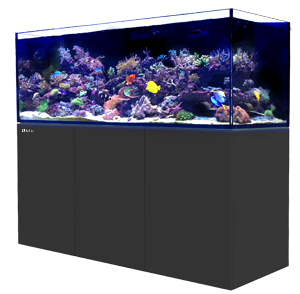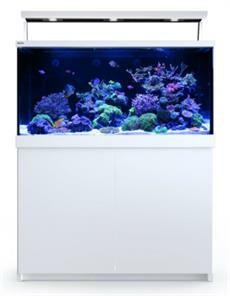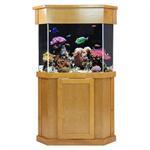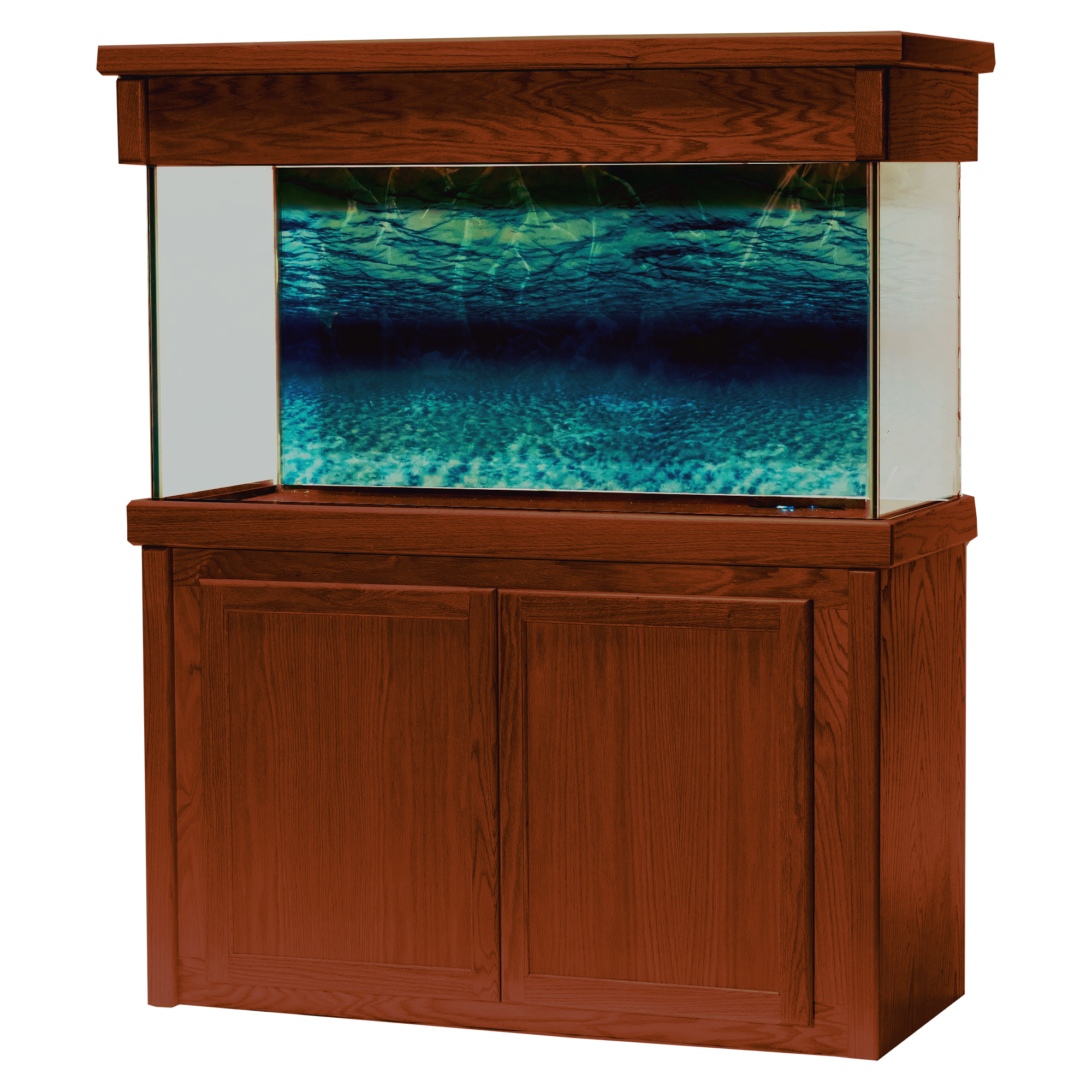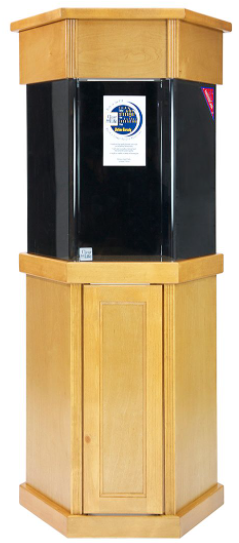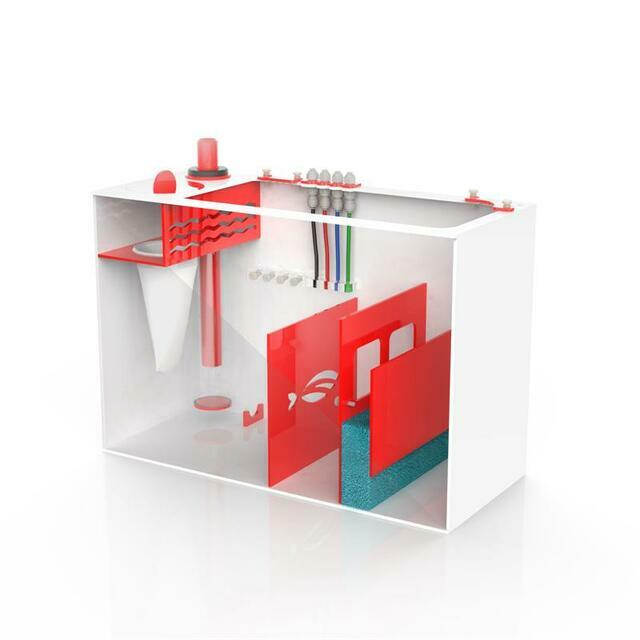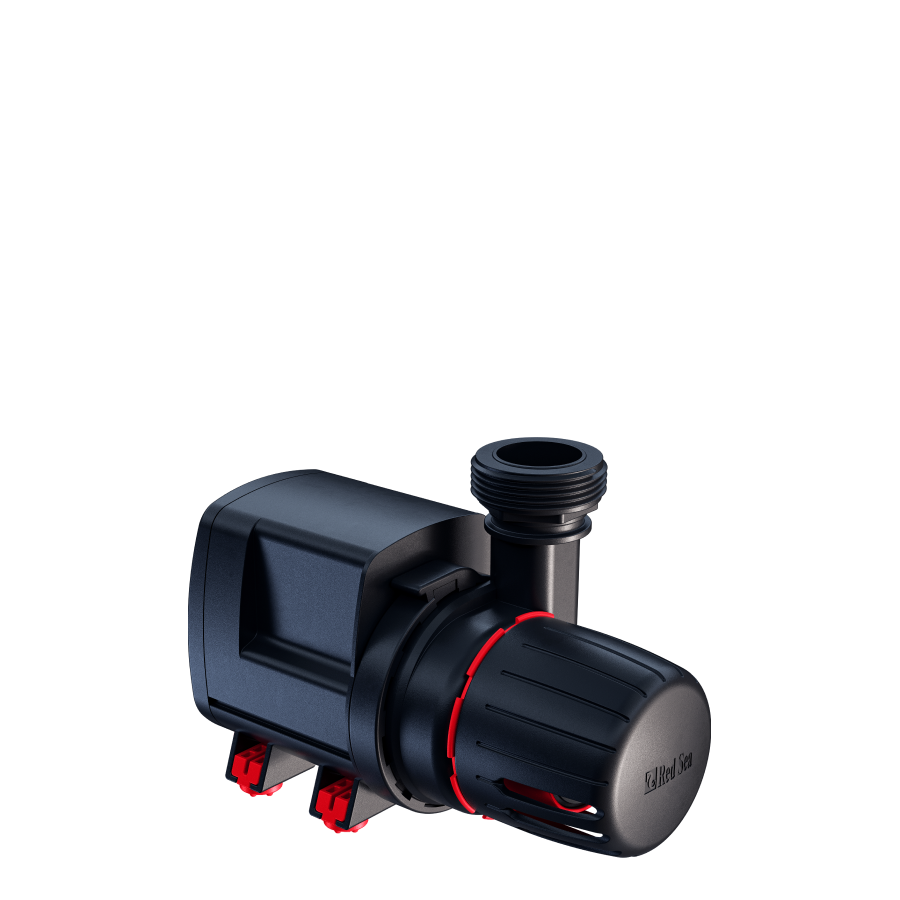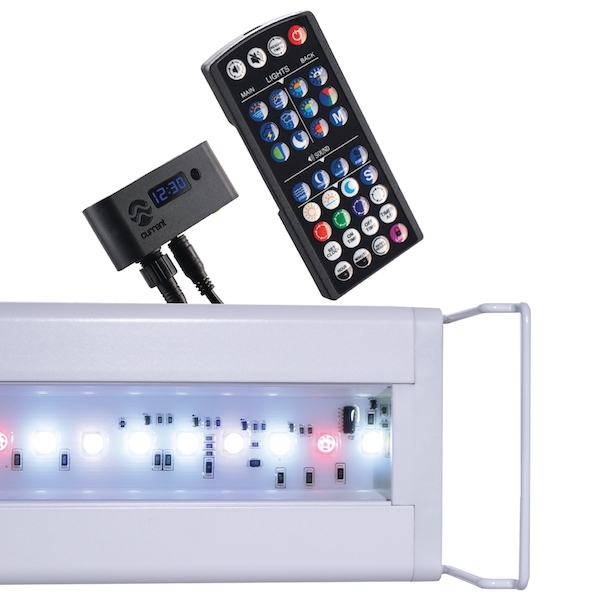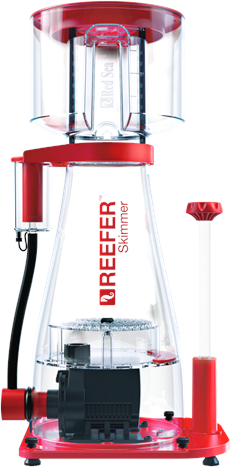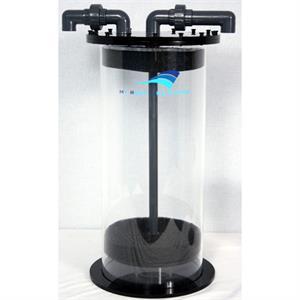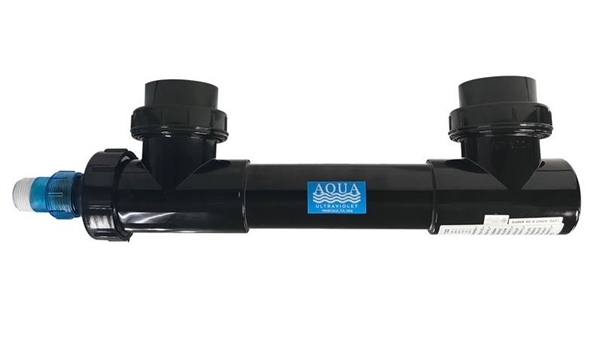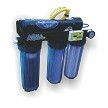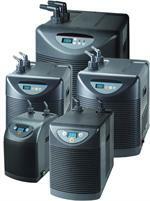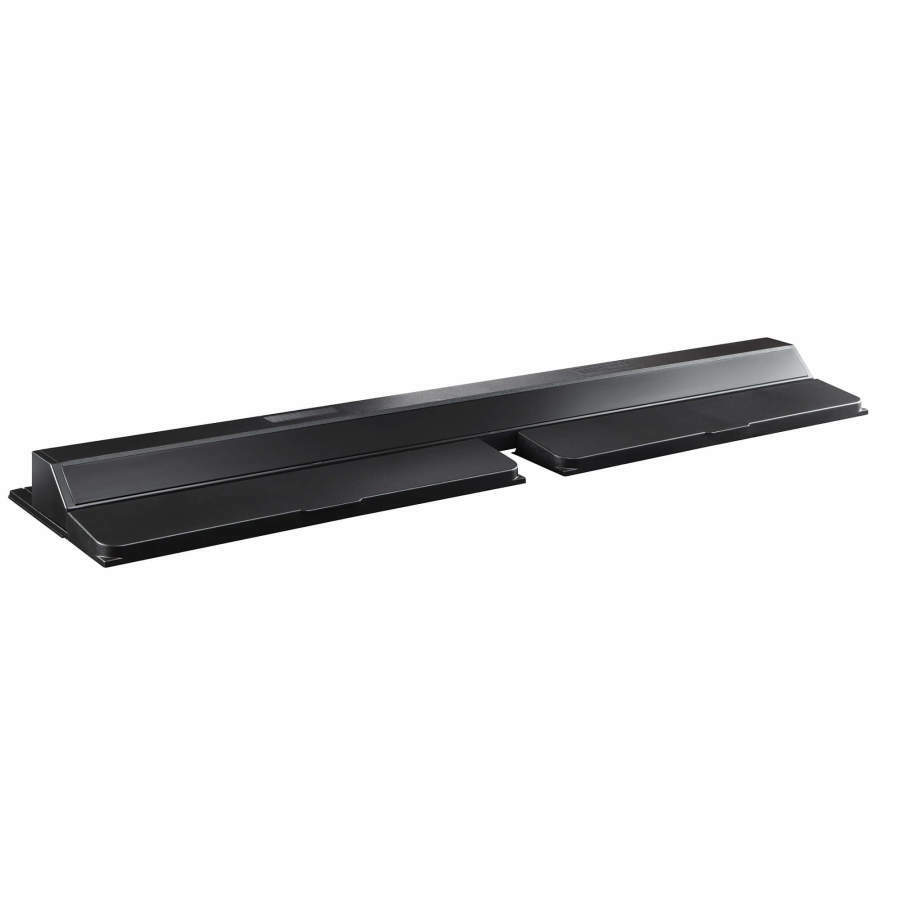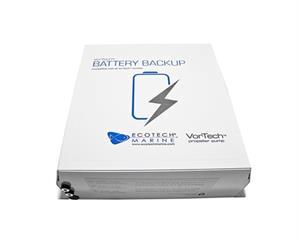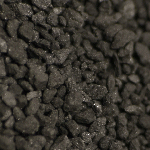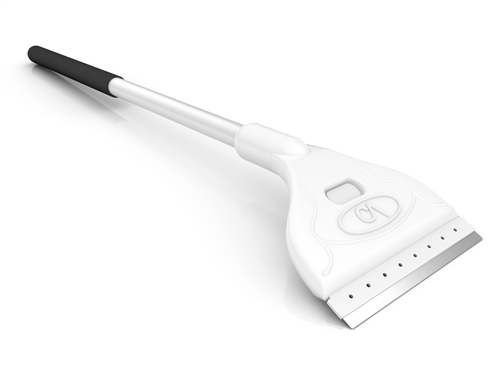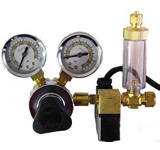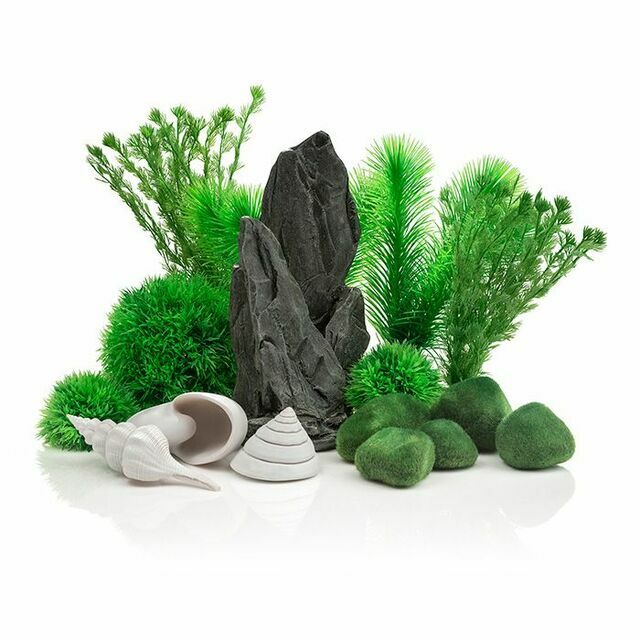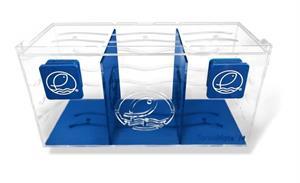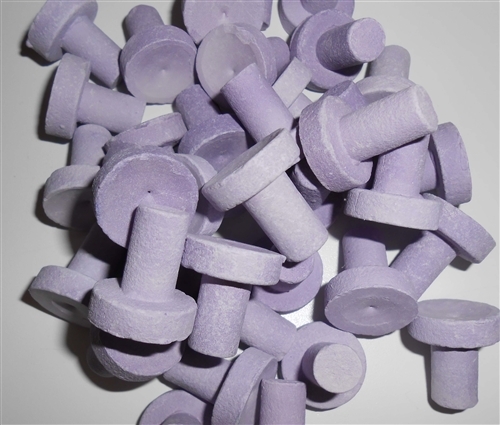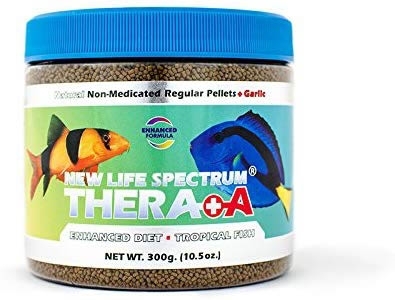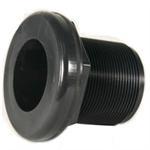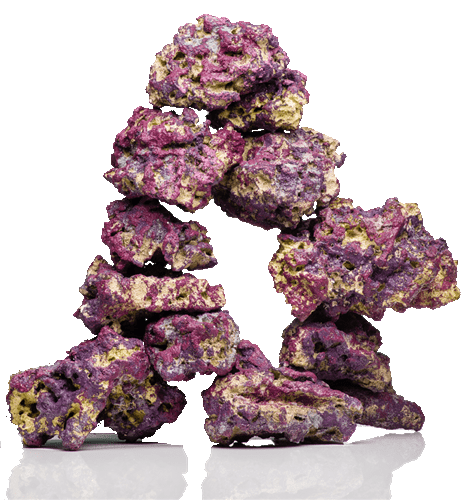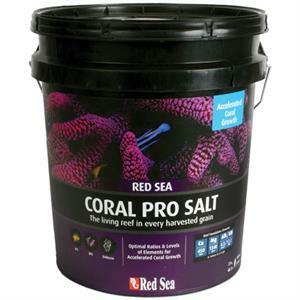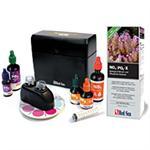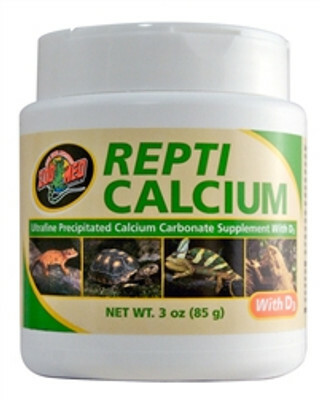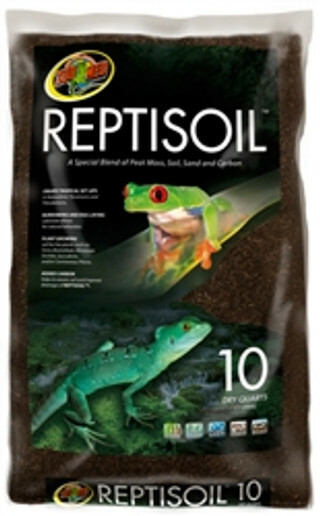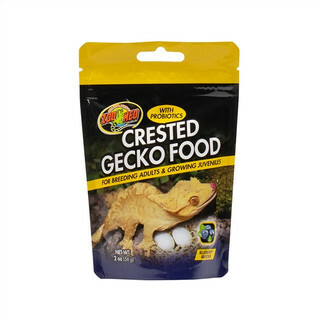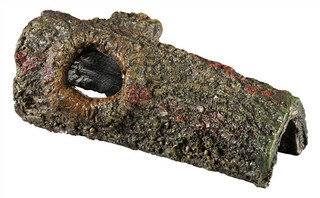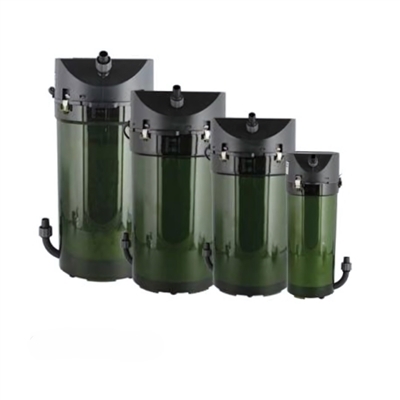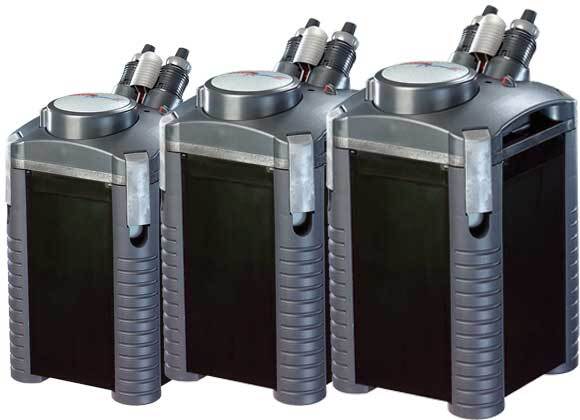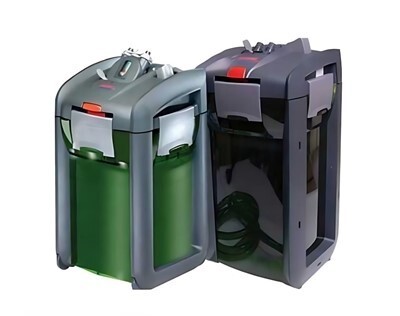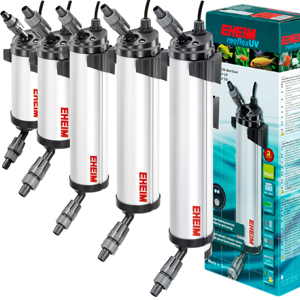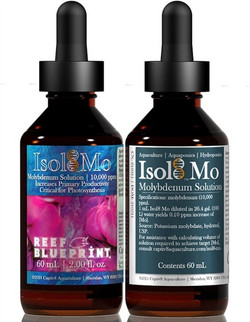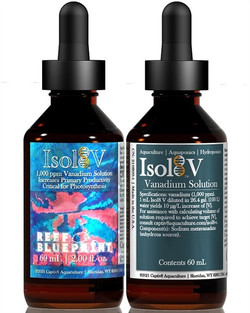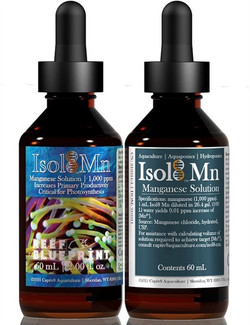Parameter
-
Fluoride
Value
10,000 ppm
Characteristics
-
Provides fluoride; application thereof in conjunction with weekly ICP analysis to guide dosing rates typically yields deep intensification of blue pigmentation in SPS cnidarians.
-
Active Components: Potassium fluoride, anhydrous, USP.
Basic Application
-
Reference 'Application' section below. Do not add without determining existing [F] via accurate ICP analysis.
-
1 drop (0.05 mL) per 0.102 gallons (0.387 L), or 1 mL per 2.045 gallons (7.740 L), provides NSW [F].
-
Reference Standard [F]:
-
1.292 ppm (S=35.0)
-
1.470 ppm (S=40.0)
-
-
In established systems, increase [F] up to 5% of existing ionic value daily, until desired value or reference standard is reached.
-
Rate of fluoride depletion is unique to each independent recirculating ecosystem, and is influenced by biological, chemical, and physical factors, all of which are dynamic. Therefore, there is no standard dosage which can be prescribed for any two independent systems, and weekly ICP analysis is required in order to monitor the [F] and avoid overdosing. It is not permissible to establish a dosing rate for a 7-day period of time and continue with that dosing regimen for longer than that period, as overdose will likely occur.
-
To obtain accurate fluoride values, Captiv8 Aquaculture recommends ICP conducted by Reef Masters.
Application
Keep out of reach of children and unauthorized persons. Avoid contact with skin, eyes, and mucous membranes. Store in a cool, dry location away from sunlight.
Fluoride is incorporated into biological pigments and appears as intensified blue coloration in small polyp stony corals. Fluoride supplementation in any recirculating ecosystem requires that the initial fluoride concentration be determined before commencing dosing Isol8 F. and that dosing is carried out such that the fluoride concentration is not increased by more than 5% each day; ICP analysis is the recommended method of analysis. Isol8 F is formulated for use by experienced aquaculture technicians and researchers who: understand the biological role that fluoride plays; are comfortable with the application of a fluoride solution in systems under their care; will follow all usage guidelines; will not overdose the solution.
Do not:
-
dose any fluoride solution in any system without going through the initial analysis process;
-
increase the [F] more than 5% of the in situ value (in other words, the value at the point in time at which the sample was taken) in a 24-hour period;
-
increase the [F] beyond the reference standard concentration at the salinity maintained in the system(s) to be dosed;
-
Standard salinity is ~35; at 25°C/77°F, this corresponds with a specific gravity value of 1.02336. [F] at that SG is 1.292 ppm. These values are provided as a User point of reference.
-
-
use visual feedback as the sole indicator of how to dose this solution;
-
use Isol8 F if unwilling or unable to follow all usage guidelines.
As with potassium, controlled fluoride supplementation deepens the intensity of blue pigmentation in many organisms, among them SPS cnidarians. By providing fluoride as directed and not permitting the concentration to exceed the appropriate value at the salinity maintained within the system, gradual intensification of blue pigmentation will be noticed in SPS corals, appearing initially at or near the tips and radiating towards the base with time. As with any element, gradual increase of the concentration is tolerated best by the cohort members. Users are advised to avoid any temptation to increase the fluoride concentration more quickly than is outlined in the preceding section, or to maintain the fluoride concentration above the corresponding NSW value at the system's salinity as a means of achieving deeper blue coloration of cohort members.
Recommended is diluting an appropriate volume of this solution into a larger volume of purified water (with a purity of at least 98%), and applying this diluted solution to the system with an automated dosing system throughout the photoperiod. Dosing frequency is directly proportional to stability of ionic concentrations and, resultantly, gradual changes in the coloration (manifesting as intensification) of coloration of zooxanthellate cnidarians. A 1 - 10 s drip interval during the photoperiod provides adequate ionic stability, and is recommended.
If no automated dosing system is available, then apply solution manually each day or as frequently as possible. Dosing frequency is directly proportional to stability of ionic concentrations and, resultantly, consistent changes in coloration of zooxanthellate cnidarians. Dosage volume per 24 h is divided by the dosing frequency.
Disclaimer
Notice: It is not possible to eliminate all risks associated with the use, handling, or storage of this product. Ineffectiveness, injury to crops and/or livestock, or other unintended consequences may result due to factors outside the control of Captiv8 Aquaculture or the seller. Buyer or user shall assume all such risks. For details, go to Terms and Conditions. Consult SDS before use.
Disclaimer: Captiv8 Aquaculture warrants that this product conforms to the description, and is reasonably fit for the purposes described, on its label. In no event shall Captiv8 Aquaculture or the seller be held liable for any incidental, consequential, or special damages, loss, or injury, including, without limiting, lost profits, resulting from the use or handling of this product. The exclusive remedy of the buyer or user for all claims shall be the return of the purchase price of this product. Express and implied warranties are disclaimed. Captiv8 Aquaculture does not authorize any agent or representative to make any other warranty, guarantee, or representation concerning this product.

